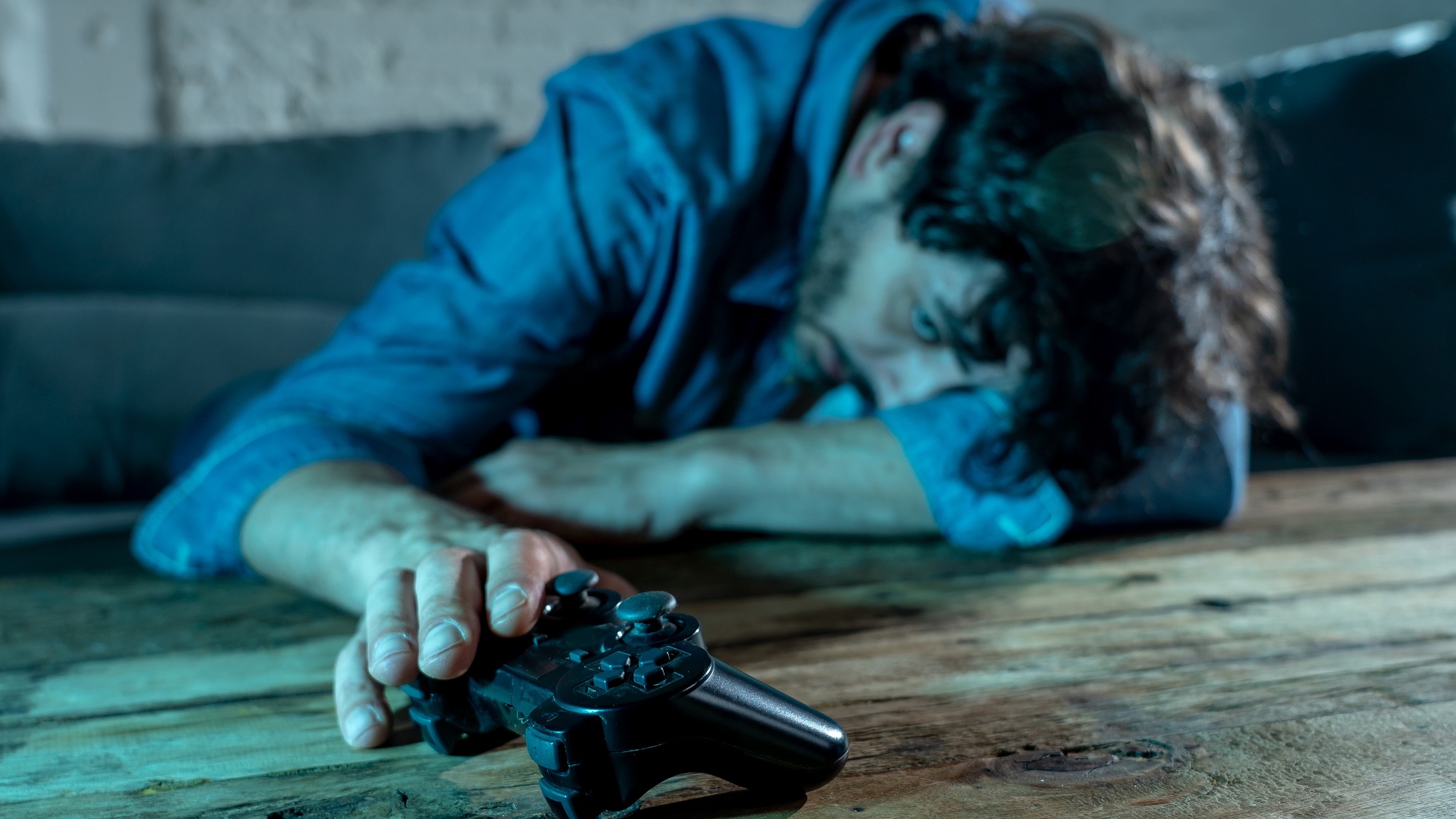If you’re addicted to video games and find yourself prioritising gaming over everyday tasks, you may have a “gaming disorder” in the eyes of the World Health Organisation (WHO).
Added to the most recently updated International Classification of Diseases (ICD 11), gaming disorder is divided into three categories: predominantly online, predominantly offline and unspecified.
Speaking generally, WHO defines the condition as “characterised by a pattern of persistent or recurrent gaming behavior… The behaviour pattern is of sufficient severity to result in significant impairment in personal, family, social, educational, occupational or other important areas of functioning.”
It also states the behaviour can be continuous, episodic or recurrent and that it is usually evident of a period of at least 12 months in order for the diagnosis to be assigned.
It is categorised under ‘Disorders due to substance use or addictive behaviours’, alongside gambling disorder and substance addiction.
The formalisation of the condition means that doctors, other health care workers and insurance companies can now use the diagnosis.
But not everyone is happy with the WHO and its latest classification.
A recent PsyArXiv paper authored by more than 30 leading psychological sciences researchers from around the world questions the accuracy of the classification.
Titled ‘A weak scientific basis for gaming disorder: Let us err on the side of caution’, the paper acknowledges that while gaming certainly is a problem for some, greater understanding of the issue is still required.
“We agree that there are some people whose play of video games is related to life problems. We believe that understanding this population and the nature and severity of the problems they experience should be a focus area for future research,” it states.
“However, moving from research construct to formal disorder requires a much stronger evidence base than we currently have.”
The paper also looked at the relationship between the formalisation of the condition and ‘moral panic’.
It states that while there is a belief that a gaming disorder diagnosis may ease moral panic, “a historical analysis of moral panics finds that they usually work in the inverse direction – official reification promotes the panic, not eases it.”










